Interview with Phyllis Schieber, author of 'The Manicurist'
 The first great irony of Phyllis Schieber’s life was that she was born in a Catholic hospital. Her parents, survivors of the Holocaust, had settled in the South Bronx among other new immigrants. In the mid-fifties, her family moved to Washington Heights, an enclave for German Jews on Manhattan’s Upper West Side, known as “Frankfurt-on-the-Hudson.”
The first great irony of Phyllis Schieber’s life was that she was born in a Catholic hospital. Her parents, survivors of the Holocaust, had settled in the South Bronx among other new immigrants. In the mid-fifties, her family moved to Washington Heights, an enclave for German Jews on Manhattan’s Upper West Side, known as “Frankfurt-on-the-Hudson.” She graduated from high school at sixteen, earned a B.A. in English from Herbert H. Lehman College, an M.A. in Literature from New York University, and later an M.S. as a Developmental Specialist from Yeshiva University.
She lives in Westchester County where she spends her days creating new stories and teaching writing. She is married and the mother of a grown son, an aspiring opera singer.
The Manicurist was a finalist in the 2011 Inaugural Indie Publishing Contest sponsored by the San Francisco Writer’s Conference.
Phyllis Schieber is the author of three other novels, The Sinner’s Guide to Confession, Willing Spirits, and Strictly Personal.
You can visit her website at www.phyllisschieberauthor.com.
Q: Welcome to The Writer's Life, Phyllis. Can you tell us how long you’ve been writing and how your journey led to writing your latest book, THE MANICURIST?
I’ve been writing all my life, but I began to write with genuine intent when I was twenty-six.
THE MANICURIST is my fourth published novel. I began to
work on it over ten years ago, but I couldn’t seem to bring it to the place I wanted it to be. At the advice of my agent, I left it and wrote another novel, THE SINNER’S GUIDE TO CONFESSION. After I finished that novel and sold it, I returned to my work on THE MANICURIST with greater focus.
Q: I love your title. Can you tell us why you chose it?
I must confess that the title is my agent’s invention, and it’s perfect.
Q: Why did you believe your book should be published?
This is a very different story with lots of twists and turns. I think it is well written and compelling. And I worked very hard to bring it to this place. Actually, I think all my work should be published. What writer doesn’t?
Q: We all know that publishers can’t do all of the publicity and that some lies on the author. What has your publisher done so far to publicize the book and what have you done?
Bell Bridge has just initiated an Internet campaign to promote THE MANICURIST. Bell Bride actually has several things planned. They are doing more to promote this book than any of my previous publishers have done.
In addition, I am on a “virtual tour” with the novel. I post everything on Facebook and Tweet. I am speaking at several book clubs, and I go from independent bookstore to independent bookstore hawking my wares, so to speak.
Q: What book on the market can it compare to? How is it different? What makes your book special?
I don’t know of any book offhand that I could use as a basis for comparison. However, I think THE MANICURIST is “special” in that it is written with great care. The story is original and compelling, and the characters are distinct. One of the goals of THE MANICURIST is to suggest a sort of fatalism. And I mean that in a positive way. Some aspects of life are simply beyond our control, and we need to embrace that rather than resist it.
Q: Open to a random page in your book. Can you tell us what is happening?
Tessa recalls an encounter with a homeless woman. The woman’s outfit reminds Tessa of her mother Ursula’s flair for elegance even when she was at her very worst. The homeless woman presses a piece of folded paper with the following words written on it: Esperanza carida. Angel. Angel. Angel. Tessa understands enough Spanish to know the words mean “Anticipate hope.” It makes her wonder how one can do that, and it evokes how Ursula had called her, “My little Angel.” The memory brings to mind how Tessa is grappling with the possibility that Ursula could be near. Nevertheless, the hope this revives makes Tessa want to flee rather than run towards it (78).
Q: Do you plan subsequent books?
Yes, of course. I’m currently working on a semi-autobiographical novel about growing up as a child of Holocaust survivors.
Q: Thank you for your interview, Phyllis. Do you have any final words?
I just read a wonderful quote by John Lennon: “Reality leaves a lot to the imagination.”
I’d add, thank goodness for that!



















































































































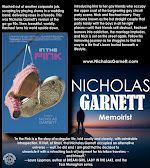



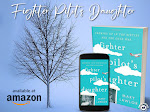
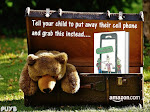




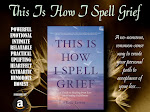
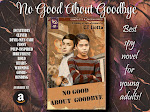


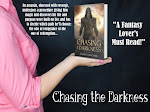
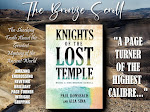


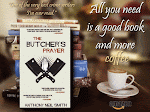
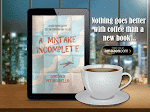

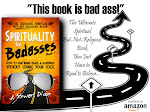

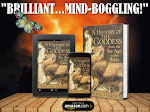


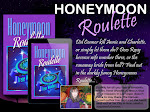
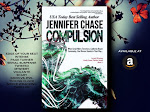
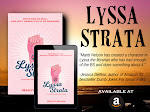
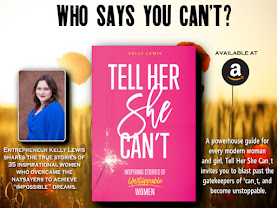











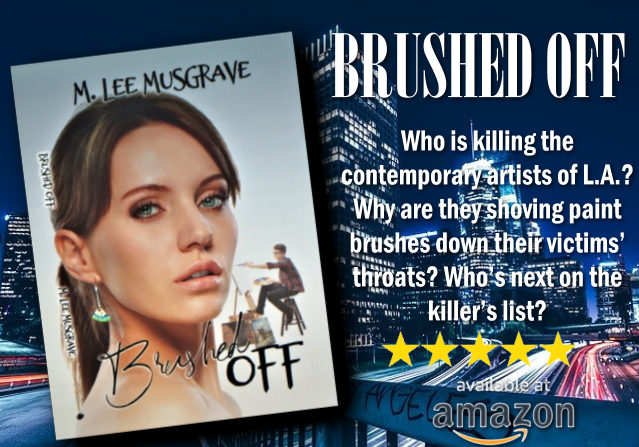


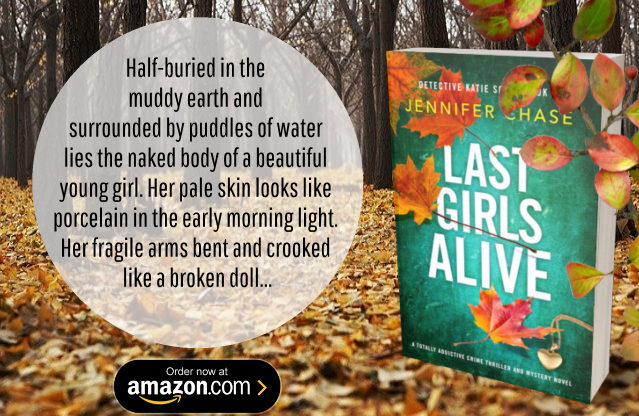
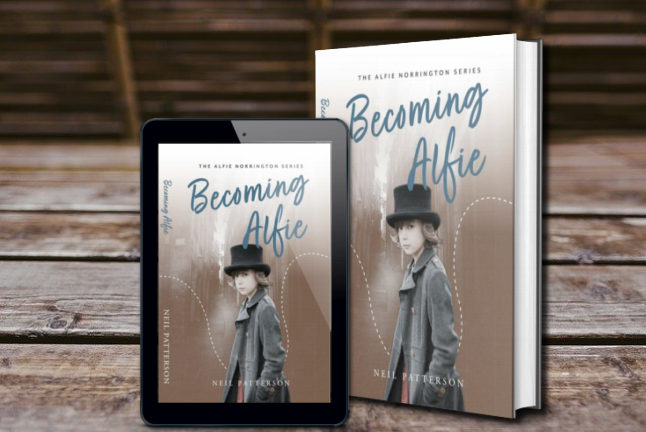
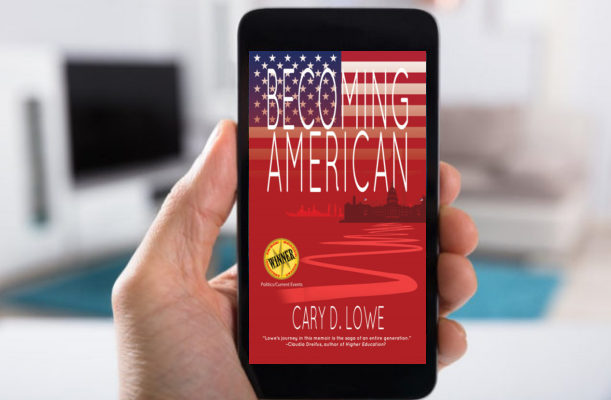


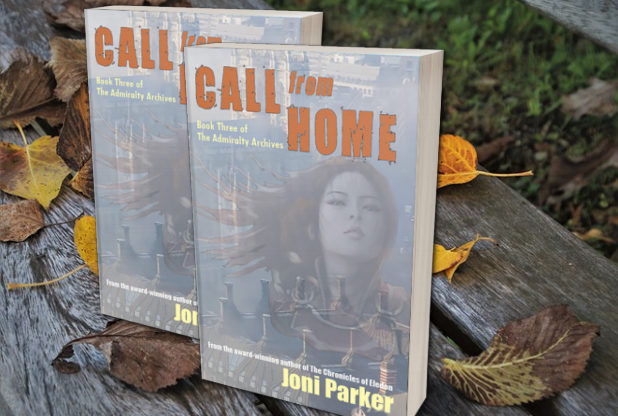
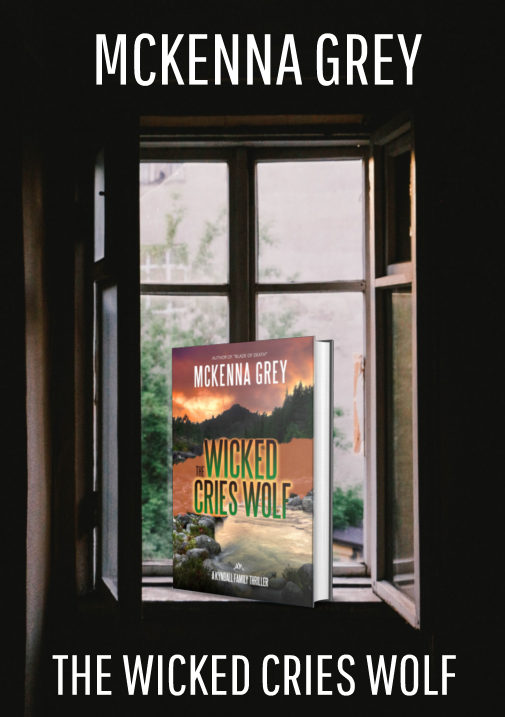


Interesting interview! I really enjoy it!
ReplyDelete